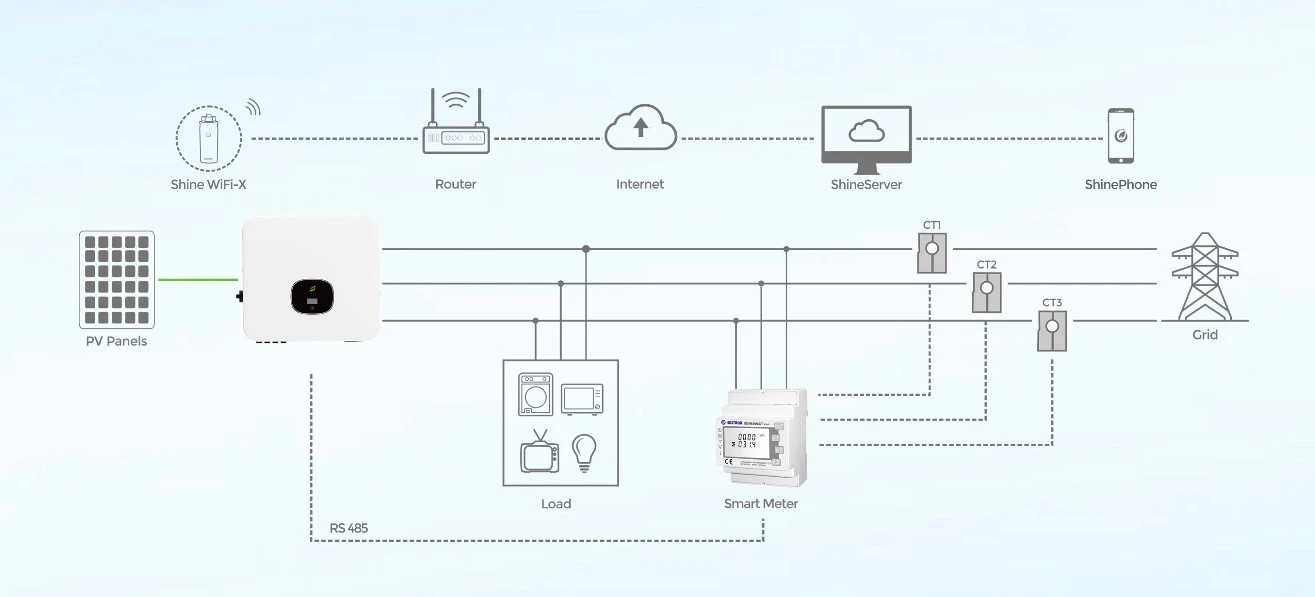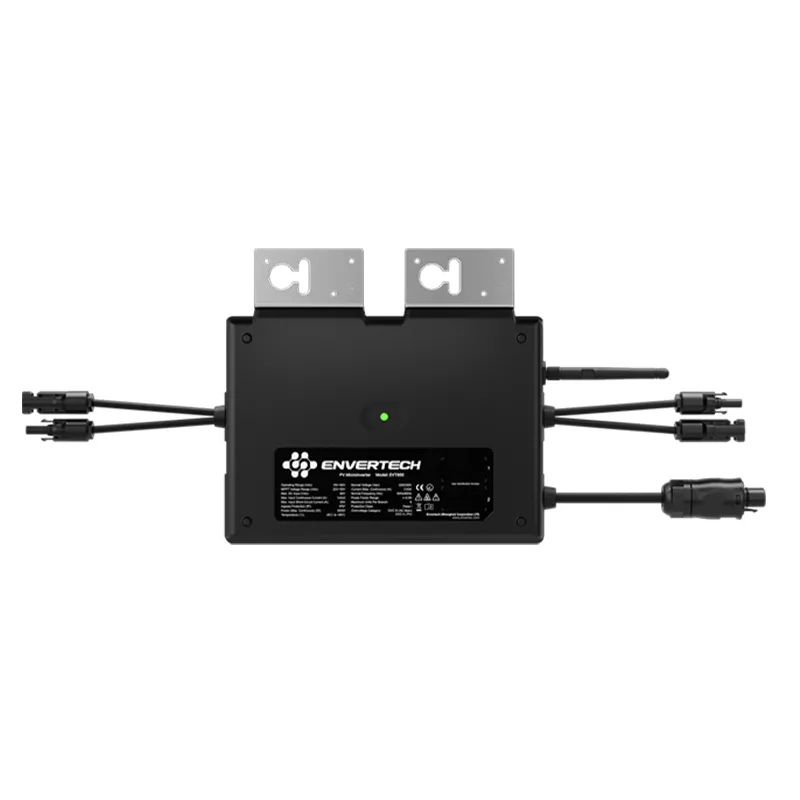Top Benefits of Solar Panels Save Money & Go Green with Solar Energy Solutions
- Introduction: Understanding the Benefits of Solar Panels
- Economic Impact: Saving Costs with Solar Energy
- Technical Advantages: How Solar Panels Outperform Conventional Energy
- Comparative Vendor Analysis: Evaluating Top Solar Panel Manufacturers
- Customization: Tailoring Solar Solutions for Individual Needs
- Practical Applications: Real-World Success Stories
- Conclusion: Embracing the Benefits of Having Solar Panels

(benefits of solar panels)
Introduction: The Benefits of Solar Panels for Modern Living
Solar panels have become a transformative force in the global energy landscape. Their adoption rate continues to increase as both homeowners and businesses seek more sustainable energy solutions. The benefits of solar panels
are multifaceted, encompassing environmental, economic, and societal dimensions. Today, solar energy is responsible for powering more than 3% of the global electricity supply – a number that is projected to rise steadily. With critical issues such as climate change and rising utility costs in play, understanding the full range of advantages associated with solar technology is essential for making informed decisions.
This guide delves into the core merits of integrating solar panels into your energy infrastructure, analyzing both their innovative technology and their proven impact across industries and homes.
Economic Impact: Saving Costs with Solar Energy
One of the most compelling benefits of solar panels lies in their potential for significant cost savings. The International Renewable Energy Agency (IRENA) reports that solar photovoltaic (PV) module prices dropped by 82% between 2010 and 2020, making solar installations more accessible than ever. For homeowners, this translates into considerable reductions in monthly electricity bills—an enticing prospect as grid prices continue to climb.
Beyond individual savings, many regions provide attractive incentives such as tax credits, rebates, and net metering, where surplus generated electricity is sent back to the grid in exchange for credits—further maximizing returns. According to a Lawrence Berkeley National Laboratory study, the average U.S. home adopting solar panels can expect to save between $10,000 and $30,000 over the system's lifetime.
For businesses, reducing operational expenses is equally critical. Solar-powered facilities often realize a marked decrease in overhead, allowing for reallocation of resources toward growth and innovation. In summary, the financial benefits of having solar panels make them an increasingly strategic investment.
Technical Advantages: How Solar Panels Outperform Conventional Energy
The technology behind solar panels has witnessed rapid advances in efficiency, lifespan, and adaptability. Modern solar cells, particularly those utilizing monocrystalline and polycrystalline silicon, now boast conversion rates exceeding 20%, with certain commercial models achieving up to 23%. The average panel can last approximately 25–30 years, providing not only immediate but also long-term returns.
Unlike fossil-fuel-based power sources, solar panels harness clean, renewable energy from the sun, emitting zero greenhouse gases during operation. This shift toward decarbonization aligns with global environmental goals and directly benefits air quality and public health. Furthermore, solar panel systems require minimal maintenance compared to traditional generators and have no moving parts, reducing the likelihood of breakdown and costly repairs.
Finally, advances in smart inverters and battery storage enable more effective energy management, allowing users to store excess power for use during peak demand or grid outages. This level of independence and technological resilience positions solar energy as a preferred choice in both urban and remote settings.
Comparative Vendor Analysis: Evaluating Top Solar Panel Manufacturers
Choosing the right solar panel system involves assessing offerings from the industry's leading manufacturers. The following table highlights a comparison of four top brands, focusing on crucial parameters: efficiency, warranty, average cost per watt, and global market share.
| Brand | Panel Efficiency (%) | Warranty (Years) | Avg. Cost per Watt (USD) | Global Market Share (%) |
|---|---|---|---|---|
| SunPower | 22.8 | 25 | 3.30 | 6.5 |
| LG | 21.7 | 25 | 2.85 | 4.9 |
| Canadian Solar | 20.5 | 25 | 2.60 | 5.8 |
| JinkoSolar | 20.3 | 12 | 2.40 | 11.6 |
SunPower leads the industry in efficiency and warranty length, while JinkoSolar's competitive pricing and broad market penetration make it attractive for larger-scale deployments. Canadian Solar and LG offer strong mid-range choices, balancing performance and value. Selecting the appropriate vendor depends on individual goals, budget, and location-specific conditions.
Customization: Tailoring Solar Solutions for Individual Needs
The solar market has grown to accommodate a diverse range of customer needs, from small-scale residential rooftops to large commercial installations. Customization is key in leveraging the full benefits of solar panels, as each site requires unique system design considerations, including energy demand assessment, shading analysis, roof orientation, and available installation space.
Innovations like modular panel layouts, AC/DC coupling, and hybrid setups integrating battery storage and smart grid technology allow system designers to optimize performance for each scenario. Aggressive advancements in software now enable precise monitoring and remote diagnostics, ensuring systems operate at peak potential.
Furthermore, flexible financing models—such as leases, power purchase agreements (PPAs), and community solar programs—have made solar energy more accessible to various market segments, empowering more users to tailor solutions that best fit their economic and environmental objectives.
Practical Applications: Real-World Success Stories
The practical impact of solar panels is best illustrated through real-world applications. At the residential level, a California homeowner who installed a 7kW PV system reported annual energy bill reductions from $2,100 to less than $200—a savings rate exceeding 90%. In another example, India’s Cochin International Airport became the world’s first fully solar-powered airport, deploying more than 46,000 solar panels and slashing its carbon emissions dramatically.
Within the commercial sector, global retail giant Walmart has equipped over 350 of its stores with solar arrays, targeting an aggressive sustainability agenda, and saving millions annually in energy costs. Municipal governments are also joining the shift; the city of Las Vegas now sources 100% of its municipal power from renewables, much of it solar-driven.
Each success story underscores the transformative impact of solar panels across different scales and geographies, catalyzing both economic efficiency and ecological responsibility.
Conclusion: Embracing the Benefits of Having Solar Panels for a Sustainable Future
The transition toward solar energy represents a decisive shift in the way societies power their homes, businesses, and communities. By harnessing the benefits of having solar panels, individuals and organizations unlock cost savings, enhance technological resilience, and reduce their carbon footprint. As the technology matures and economies of scale drive costs lower, solar power is poised to become a mainstream solution for global energy demands.
The ongoing innovation among manufacturers, increased customization options, and the accumulation of successful deployments worldwide reveal a landscape where solar energy is not just a viable alternative, but a superior choice. Those who invest in solar panels today position themselves at the forefront of the energy revolution, reaping both immediate and enduring rewards for themselves and for the planet.

(benefits of solar panels)
FAQS on benefits of solar panels
Q: What are the main benefits of solar panels?
A: Solar panels provide clean, renewable energy and reduce electricity costs. They lower your carbon footprint and require minimal maintenance. Over time, they can increase your property value.Q: How do the benefits of solar panels impact electricity bills?
A: The benefits of solar panels include significant savings on electricity bills. By generating your own power, you rely less on the grid. This means lower monthly expenses for energy.Q: What are the environmental benefits of having solar panels?
A: Having solar panels helps reduce greenhouse gas emissions and air pollution. Solar energy is sustainable and uses natural sunlight. This supports a cleaner, greener planet.Q: Are there economic benefits of installing solar panels at home?
A: Yes, the benefits of solar panels include potential tax credits and rebates. They also add value to your home and decrease monthly utility bills. Installation costs are often offset in a few years.Q: What long-term benefits can I expect from solar panels?
A: You can expect reliable energy production and protection from rising utility rates. Solar panels typically have a long lifespan of 25 years or more. These benefits make them a solid long-term investment.-
Unlocking Energy Freedom with the Off Grid Solar InverterNewsJun.06,2025
-
Unlock More Solar Power with a High-Efficiency Bifacial Solar PanelNewsJun.06,2025
-
Power Your Future with High-Efficiency Monocrystalline Solar PanelsNewsJun.06,2025
-
Next-Gen Solar Power Starts with Micro Solar InvertersNewsJun.06,2025
-
Harnessing Peak Efficiency with the On Grid Solar InverterNewsJun.06,2025
-
Discover Unmatched Efficiency with the Latest String Solar InverterNewsJun.06,2025







